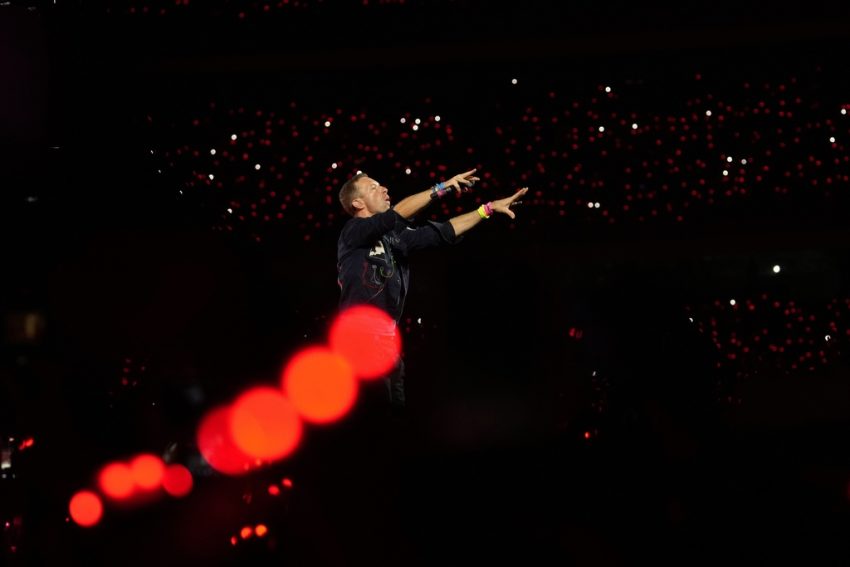CEO Resigns After Viral Video Shows Unprofessional Behavior at Concert
A chief executive officer (CEO) of a prominent IT company has stepped down following the release of a widely circulated video showing him engaging in an unseemly moment with an employee at a Coldplay concert. The incident has sparked discussions about professional conduct, privacy, and the growing influence of social media in identifying individuals captured on camera.
Andy Byron, the CEO of Astronomer Inc., based in Cincinnati, resigned from his position after the company issued a statement on LinkedIn. The statement emphasized the company’s commitment to its core values and culture, highlighting that leaders are expected to uphold standards of conduct and accountability. According to the company, these standards were not met in the recent incident.
The resignation followed a series of events that began when Byron was placed on leave and the company’s board launched a formal investigation into the situation. A spokesperson for the company confirmed to Associated Press that Byron and Kristin Cabot, the company’s chief people officer, were the individuals featured in the viral video. The clip, which captured the pair on the jumbotron at Gillette Stadium in Foxborough, Massachusetts, during a Coldplay concert, quickly gained traction online.
During the concert, lead singer Chris Martin asked the cameras to scan the crowd for his “Jumbotron Song,” where he would sing a few lines about the people the camera landed on. “Either they’re having an affair or they’re just very shy,” he joked, unaware that the moment would later become the subject of intense public scrutiny.
Internet users quickly identified the man in the video as the CEO of a U.S.-based company and the woman as its chief people officer. This identification led to widespread discussion about the behavior of leaders and their adherence to professional boundaries.
In the wake of the incident, Pete DeJoy, co-founder and chief product officer of Astronomer, has been appointed as interim CEO while the company searches for a permanent replacement for Byron.
Awareness of Privacy at Concert Venues
Most concert venues include notices informing attendees that they may be filmed during the event. These signs are typically located on walls, near bars, or around restrooms. It is a common practice, especially when artists use performances for music videos or concert films.
Gillette Stadium, where the incident occurred, also has a privacy policy on its website stating that when visitors attend an event, their image, voice, and likeness may be captured through CCTV cameras or by filming and photographing them in public areas.
Once captured, moments can be shared widely across the internet, often leading to rapid identification of individuals involved. Alison Taylor, a clinical associate professor at New York University’s Stern School of Business, noted that the incident could have gone unnoticed if the individuals had not reacted. She pointed out that the case highlighted a broader issue: leaders acting as though the rules do not apply to them.
The Role of Technology in Identifying Individuals
Taylor and other experts emphasized how quickly such videos can lead to an internet search to identify those involved. They also noted that doxing is not limited to celebrities. With advancements in technology, particularly the rise of artificial intelligence, it has become easier and faster to identify people in viral videos.
Mary Angela Bock, an associate professor at the University of Texas at Austin’s School of Journalism and Media, expressed concerns about the increasing surveillance enabled by social media. “It’s unsettling how easily we can be identified with biometrics, how our faces are online, and how social media tracks us in exchange for entertainment,” she said.
The incident serves as a reminder of the power of the internet and the importance of maintaining professional conduct, even in private settings. As society becomes more connected, the line between public and private life continues to blur, raising important questions about privacy, accountability, and the role of technology in everyday interactions.
